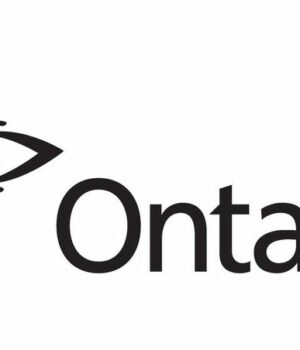ONTARIO — Today, the Ontario government announced it is adopting the Ontario Autism Panel’s key recommendations for a needs-based autism program. The program recognizes that every family’s experience and needs are different, and that children and youth on the autism spectrum have different levels of need at different points in their lives. These changes will put Ontario on track to deliver a comprehensive, sustainable and family-centred program.
The first phase of implementation will begin in April, to be followed by additional phases throughout 2020 and 2021. The Implementation Working Group will have their first meeting in the coming weeks. The ministry will begin offering 15 in-person training sessions organized by Child and Parent Resource Institute (CPRI) to community-based physician and medical practitioners, community agencies, educators and caregivers to increase understanding of children on the autism spectrum disorder and co-occurring mental health challenges.
“We heard loud and clear from the autism community that we needed to partner and redesign a program together – one that supports the needs of individual children and youth and puts them at the centre of care,” said Todd Smith, Minister of Children, Community and Social Services. “The changes we are making address the concerns we’ve heard from families, experts and the autism advisory panel.”
Aligning with recommendations of the advisory panel, Minister Smith presented key elements of the new program, including a broad range of services that will offer families more supports for their child’s specific needs.
Families will have access to the following service pathways in the new program:
- Core services that include Applied Behaviour Analysis, speech language pathology, occupational therapy and mental health services;
- Foundational family services for all families in the program, to build their capacity to support their child’s learning and development;
- Early intervention and school readiness services to help young children access critical services when they will benefit most, and to prepare them to enter school;
- Urgent and complex needs services to support children and youth who are in service, or are waiting for service, and have significant and immediate needs.
At any point in time, families and caregivers will be able to access services such as peer mentoring, training, workshops and coaching sessions to further support their child’s ongoing learning and development. This broad range of needs-based services will provide families with new options as recommended by the advisory panel.
Minister Smith also accepted the panel’s recommendation for an implementation team and announced the creation of an Implementation Working Group to provide the government with input on a number of key design elements. Those elements include service caps and the transition of children into service.
“Almost every parent I’ve met has asked for two things: services that address their child’s specific needs, and a plan from their government to get there,” said Smith. “The work has started, and we are continuing to listen to experts and families. Thanks to the panel, we know where we have to go. And we have the right plan, and the right people, to help get us there.”
In July 2019, the Ontario Autism Program budget was increased from approximately $300 million to $600 million annually to help ensure it is both needs-based and sustainable moving forward.
All families on the waitlist who have not yet received a Childhood Budget will receive an invitation for interim one-time funding of either $5 thousand or $20 thousand, depending on the age of their child, so they can begin purchasing services for their child.






![Kenopic/Smith Auction [Paid Ad]](https://whitewaternews.ca/wp-content/uploads/2018/10/advertising-100x75.jpeg)

